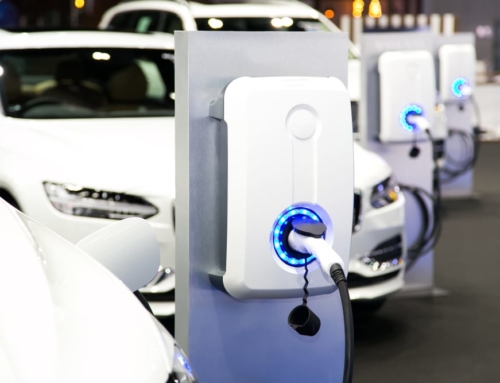America Saves Week runs this week. More than 1,000 organizations have teamed up to promote the goal of saving.
Seems a bit ironic this year with the economic stimulus package just passed by Congress, as noted by Laura Rowley of Yahoo! Finance. Politicians hope Americans will spend the money to jump start the economy.
And with savings rates generally pretty low it may be hard to get motivated, but organizers say it’s more basic than that.
“When one is facing emergencies, it’s simply to have the savings,” says Dallas Salisbury, president of the American Savings Education Council. “The interest rate or a high interest rate should not be the driver.”
The best savers have savings plans, according to ASEC and the Consumer Federation of America. Consumers who have savings plans set goals for what they want. If they want to buy a home, they save for that. If they want a plasma TV, they save for that. It probably helps that you can envision what you’re saving for.
ASEC and CFA released results of a survey in which the Opinion Research Corporation polled more than 1,000 people. This survey’s a bit optimistic. Some key results:
53 percent say they save at least 5 percent of their income; experts recommend saving 10 percent
more than 71 percent say they have “sufficient emergency savings to pay for unexpected expenses like car repairs or a doctor visit”
62 percent have “a savings plan with specific goals”
49 percent have “a spending plan that allows them to achieve the goals of their savings plan”
42 percent “save automatically through regular preauthorized transfers from checking to saving or investments”
41 percent “save a portion of tax refunds, gifts, bonuses or other financial windfalls”
I agree saving is tremendously important. You should have an emergency fund of several months income – how many months varies with the expert you ask. You’ll appreciate the money when you suddenly have an unexpected car repair.
Those who already have an emergency fund and perhaps even own a home may want to take things a step further and look at interest rates. If your credit card charges a higher rate than what your savings account pays and you have a credit card balance, you’re losing money.
Be sure to check out this link – it gives savings tips: http://www.americasaves.org/resources/savings_tip.asp
Melanie G. Rogers
Feb. 25, 2008.






Leave A Comment